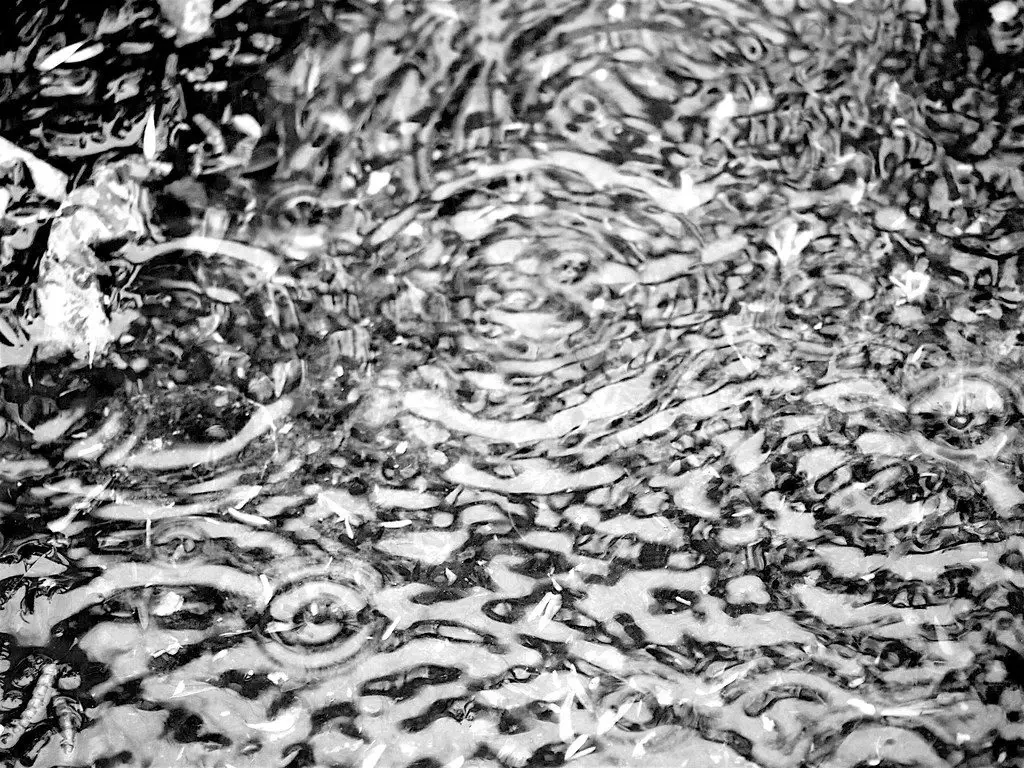Viral reports that an Oregon man was jailed for collecting rainwater on his rural property have sparked questions about whether it is illegal to collect rainwater in some states for several years.
The topic of illegal rainwater collection first went viral in 2012, when 64-year-old Gary Harrington made the news after being sentenced to 30 days in jail for illegally collecting 13 million gallons of rainwater on his property. According to an Oregon Water Resources Department statement:
Harrington stored and used water illegally by placing dams across channels on his property and preventing the flow of water out of these artificial reservoirs without obtaining a water right permit. The height of each dam varies; two dams stand about ten feet tall and the third stands about 20 feet tall. The total amount of water collected behind these dams totals about 40 acre feet; enough to fill almost 20 Olympic‐sized swimming pools. These man‐made reservoirs feature boat docks, boats, and were stocked by Harrington with trout and Bluegill for recreational fishing.
The story led many to believe that all rainwater collection in Oregon was illegal, but that’s not the case. The state requires a water rights permit to use public water (including rainfall), but there are exceptions for “collecting precipitation water that gathers on an artificial impervious surface, such as a rooftop or parking lot; in rain barrels.” So, for most people in Oregon, it’s legal to collect and use rainwater.
There has been similar misunderstandings concerning rainwater collection laws in Colorado. Before 2009, Colorado had strict laws that basically made collecting rainwater illegal. But the state later introduced laws that made it legal to use some rooftop rainwater collection systems and to set up rainwater retention basins at new development sites.
According to the Federal Energy Management Program (FEMP), there is no federal law governing homeowners’ rainwater collection; most states, though, either have no regulations about doing so or encourage it. Oregon is one of 17 states with regulations concerning the practice, and many of those states provide incentives for homeowners who do. Colorado and Nevada, FEMP says on its website, are the only two states where it is allowed on a “very limited” basis.
N.B. 8/20/2019, 3:21pm: This article has been updated and reformatted. You can view the original here. -bb

